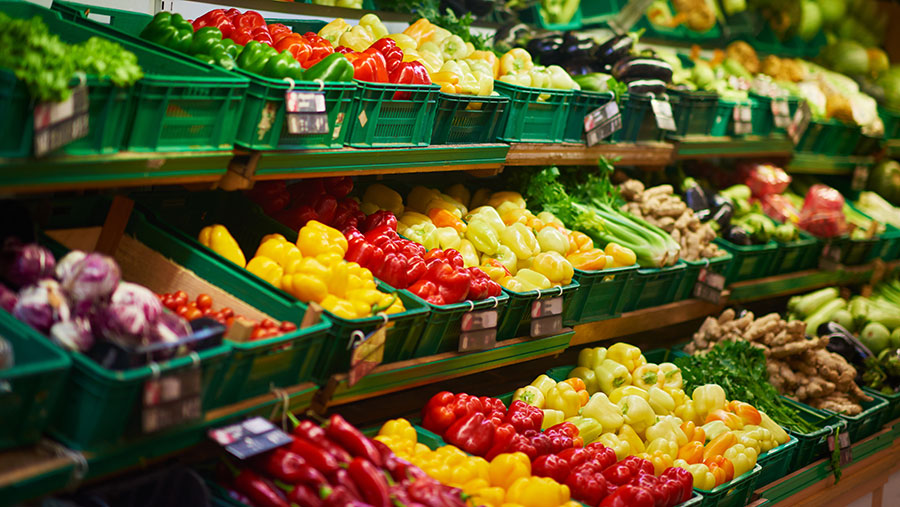British farmers disadvantaged by banned pesticides in food imports
 © Shock/Adobe Stock
© Shock/Adobe Stock British farmers are being undercut by food imports produced with pesticides that are banned for use in the UK, according to a new analysis by Pesticides Action Network UK (PAN UK).
The findings come as the International Trade Committee, a cross-party group of MPs, sent a letter to trade secretary Kemi Badenoch on Wednesday 2 November to raise concerns about the use of banned pesticides in countries with which the UK is in trade negotiations.
The letter warns that Australian farmers, for example, use more than 70 pesticides that are banned in the UK, potentially exposing British consumers to harmful chemicals in their food.
The MPs ask the government to guarantee it will never sign a trade deal that weakens the UK’s pesticide controls.
See also: What to expect from Defra’s sustainable pesticides action plan
PAN UK analysed data reported by the Health and Safety Executive’s Expert Committee on Pesticide Residues in Food on pesticide residues found in food.
Their analysis of the government’s testing programme for 2021 found 137 different pesticide residues across all produce.
Specifically, the produce tests found 46 pesticide residues that are capable of causing different types of cancer and 27 endocrine disruptors (EDCs), which can interfere with hormone systems and cause birth defects, developmental disorders and reproductive problems such as infertility.
Just less than one-third (30%) of vegetables and more than two-thirds (69%) of fruit tested were found to contain residues of more than one chemical, PAN UK said.
And the proportion of bread containing two or more pesticides has almost doubled in the past year to 50%.
Banned in the UK
However, more than one-third (47) of the total pesticides found are not approved in the UK, meaning that British farmers cannot use them and are therefore being put at a competitive disadvantage by food imports produced to lower standards.
Nick Mole, policy officer at PAN UK, accused the UK government of “playing Russian roulette with people’s health”.
He said: “These illegal pesticide residues should not be making it onto the plates of UK consumers.
“They are either slipping past our shoddy border checks unnoticed, or foreign producers are being handed a competitive advantage by being allowed to use pesticides banned in the UK to protect human health or the environment.
“At a time when we are asking our own farmers to produce more sustainably, we should not be making it harder for them to earn a living.”
Trade standards
Mr Mole said new trade agreements being signed by the UK government must not lead to “an influx of pesticide-laden imports”.
For example, researchers at the Pesticide Action Network India published a report in August, revealing the unauthorised and unsafe use of agrochemicals in India that are banned for use in the UK, including chlorpyrifos and paraquat.
Meanwhile, PAN UK said the Westminster government “now appears to be backing off” its promises to introduce pesticide targets for UK farmers, as well as a support package to help farmers transition to safe and sustainable alternatives.
A Defra spokesperson said: “The UK upholds strict food safety, health and environmental standards, and our first priority regarding pesticides is to ensure that they will not harm people or pose unacceptable risks to the environment.
